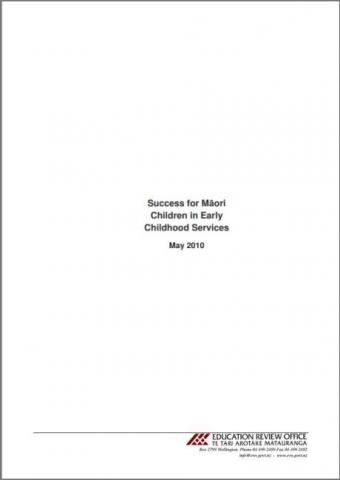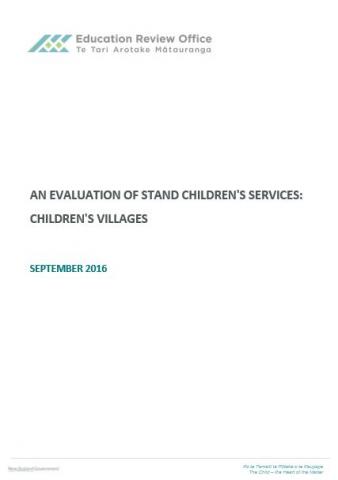Covid-19: Impact on schools and early childhood services - Interim Report
Published: 28 Aug 2020
ERO has a comprehensive and fast-tracked work programme underway to understand the ongoing impact of Covid-19 on students, services and schools, and on teaching and learning in Aotearoa New Zealand in the English and Māori medium education sectors.
- Audience:
- Early learning
- Education
- Parents
- Schools
- Content type:
- Research
- Topics:
- COVID-19
- Early childhood services
- Schools
- Te Ihuwaka | Education Evaluation Centre

